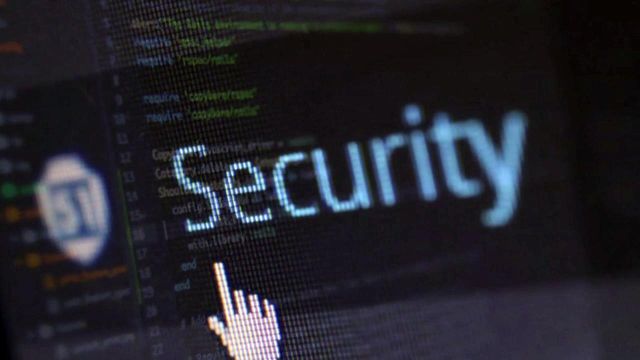How to protect your personal information online
Millions of Social Security numbers, addresses and credit card information are floating around in cyberspace thanks to numerous data breaches at banks, retailers and credit reporting firm Equifax.
Posted — UpdatedThieves who obtain your personal information can use it to open a cellphone account, create a driver's license, collect tax refunds, even steal health care benefits.
"If a thief gets your medical identity, he or she can use it to get expensive surgeries (and) medical goods like wheelchairs, and cleaning up the bills and the charges can take years and really negatively affect your credit score," said Diane Umansky, Consumer Reports Health editor.
How do consumers protect themselves? Experts say there is no simple fix. Rather, each person has to keep close tabs on his or her information, pretty much, forever.
People can do much of that monitoring themselves for free:
- Check accounts weekly, if not daily, to make sure posts are legitimate.
- Set up alerts with credit card companies to be notified about every charge.
- Check credit reports regularly. People can get one free each year from each of the three reporting agencies, so one can be checked every four months.
Identity theft insurance is another protection option. Several companies offer it as an add-on to homeowners insurance at $25 to $50 a year. Typically, people are reimbursed up to $25,000 for covered losses.
"That sounds pretty good, but most banks and credit card companies already cover you for losses due to fraud, and most victims actually suffer very little or no out-of-pocket losses," said Lauren Lyons Cole, former Consumer Reports Money editor.
Insurance can help people deal with the time-consuming aftermath of identity theft. For example, a case manager may be assigned to make calls to clear up credit issues.
Margot Gilman, Consumer Reports Money editor, said people also need to take care of their passwords:
- Change them regularly.
- Create new ones with at least 11 characters and a combination of letters, numbers and symbols.
- Whenever possible, use two-step verification.
"It's an important, extra layer of protection," Gilman said. "So, it's your password plus a code that's texted to your cellphone that only you have, or it's your password plus, say, a scan of your fingerprint."
In addition to passwords, people need to take extra care with their Social Security numbers, experts said. Setting up a My Social Security account makes it harder for scammers to file for Social Security benefits in your name.
A credit freeze is the single most-effective way to protect against credit fraud, North Carolina Attorney General Josh Stein said.
"It is essentially a lock, a padlock on your credit, so that no one can take out a loan in your name," Stein said. "If a criminal has your information – your Social Security number, your address, your maiden name – where they go to try to get a loan, to get a big TV at Best Buy, when Best Buy goes to run a credit check on you, if there's a freeze on it, they cannot make a loan."
Credit freezes are free in North Carolina.
• Credits
Copyright 2024 by Capitol Broadcasting Company. All rights reserved. This material may not be published, broadcast, rewritten or redistributed.






